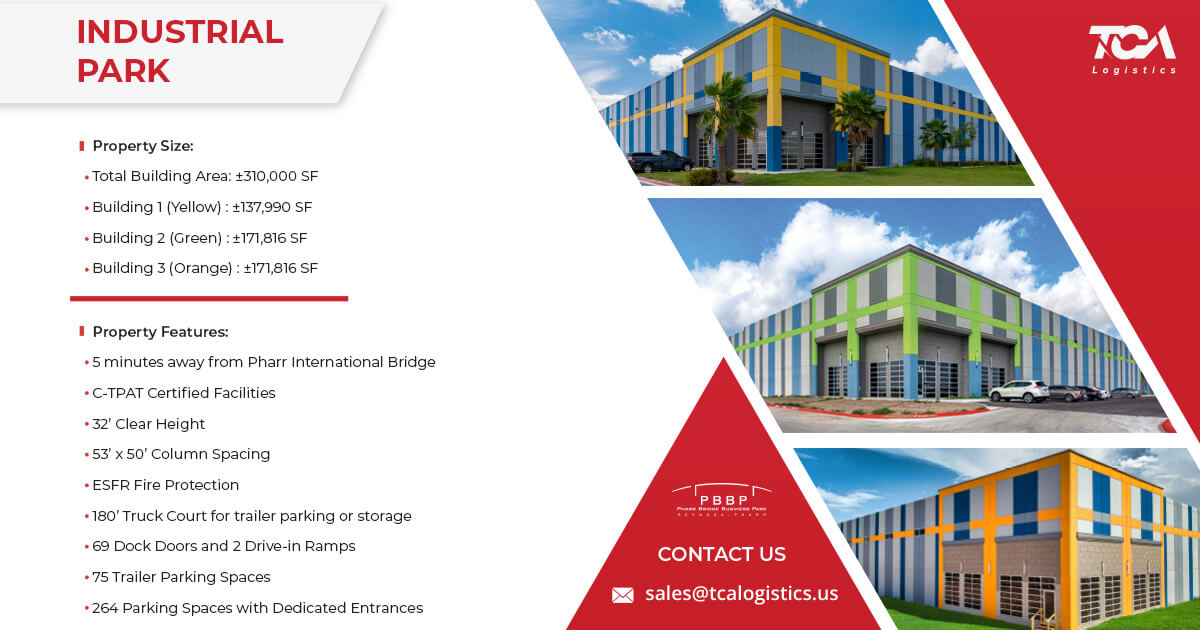Industries Enduring Immediate Fallout Include Hospitality & Tourism, Restaurants, Retail; Later Impact Awaits Manufacturing, Construction, Banking & Real Estate

Texas Border Business
To download the report, click here.
McAllen – Roughly 30 percent of the U.S. labor force works in industries expected to prove resilient amid the disruption caused by COVID-19 and related containment measures, with high concentrations of those industries found in markets such as Durham, N.C., Sacramento, and Washington, D.C., according to a new report from CBRE.
Analysis by CBRE’s Labor Analytics Group identified three industry categories – healthcare, government and technology – as most likely to weather the pandemic with minimal disruption to their employment ranks. CBRE found that many of the markets with the highest concentrations of those industries include state capitals like Albany, N.Y., Jackson, MS., and Sacramento. Durham, a cornerstone of North Carolina’s research triangle, is close to North Carolina’s capital, Raleigh.
“It’s no coincidence that these markets with high concentrations of resilient industries already were among the strongest metro-area economies prior to this crisis,” said Kristin Sexton, Senior Managing Director of CBRE’s Labor Analytics practice. “Still, no market is entirely shielded from impacts. Big tech hubs typically have a lot of startup companies that might have trouble finding financing this year. And state and local governments might eventually have to cut back if their tax revenue declines.
“Although healthcare is experiencing some immediate challenges due to the pullback in elective procedures, we believe the long-term outlook is strong,” she said.
Top U.S. Markets By Resilient Industries as Percentage of Workforce
| Market | Resilient Industries % | Market | Resilient Industries % |
| Durham, N.C. | 40.9% | Albuquerque, N.M. | 39.2% |
| Sacramento | 40.7% | McAllen, TX. | 38.9% |
| Albany, N.Y. | 40.4% | Worcester, MA. | 37.5% |
| Springfield, MA. | 40.0% | Jackson, MS. | 37.4% |
| Washington, D.C. | 39.5% | Madison, WI. | 37.1% |
In contrast, CBRE’s analysis found that nearly 42 percent of the U.S. workforce operates in seven major industries anticipated to suffer losses of sales and jobs from the economic slowdown brought on by COVID-19 containment efforts in the short- or medium-term. Even though states now are lifting their shutdown orders, the sting of lost revenue and jobs will linger for many industries.
Among the industries most affected in the first wave of repercussions are hospitality & tourism, food & beverage, retail trade and passenger transportation. Disruption in those industries will contribute to upheaval in three industries expected to get caught up in a second wave of COVID-19 impacts: manufacturing, construction, and banking & real estate.
“Unfortunately, many of the industries hardest hit by COVID-19 face a more challenging recovery because they need stable economic conditions to thrive or, like food & beverage, they include a lot of small businesses with minimal savings to endure a long shutdown,” said Mark Seeley, Executive Vice President of CBRE’s Labor Analytics practice. “Employers constantly on the hunt for new talent now can find ready supplies of experienced workers either idled in these industries or leaving them.”
To download the report, click here.













